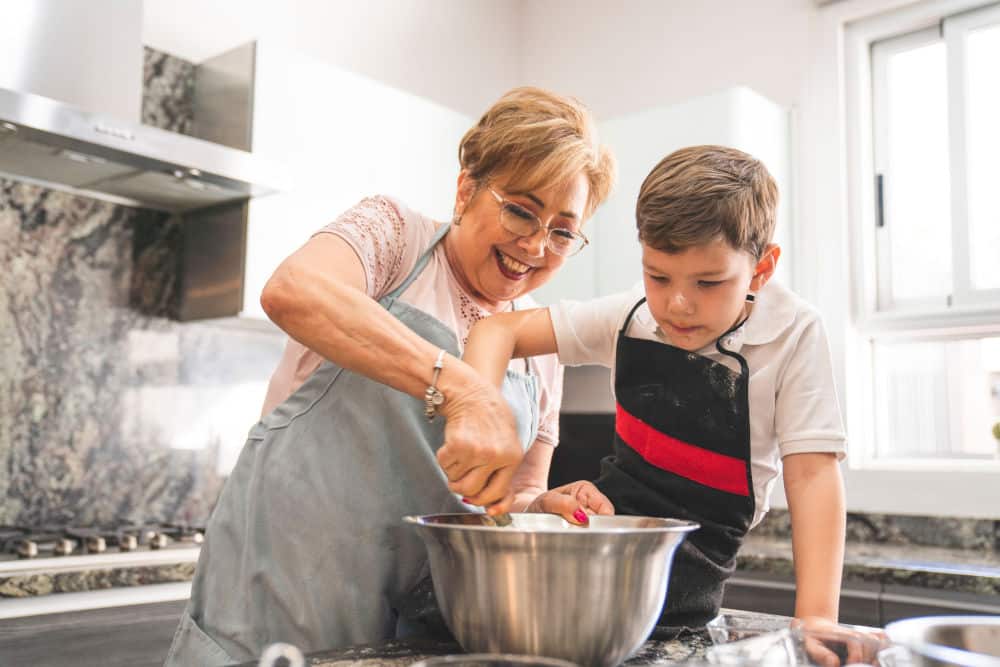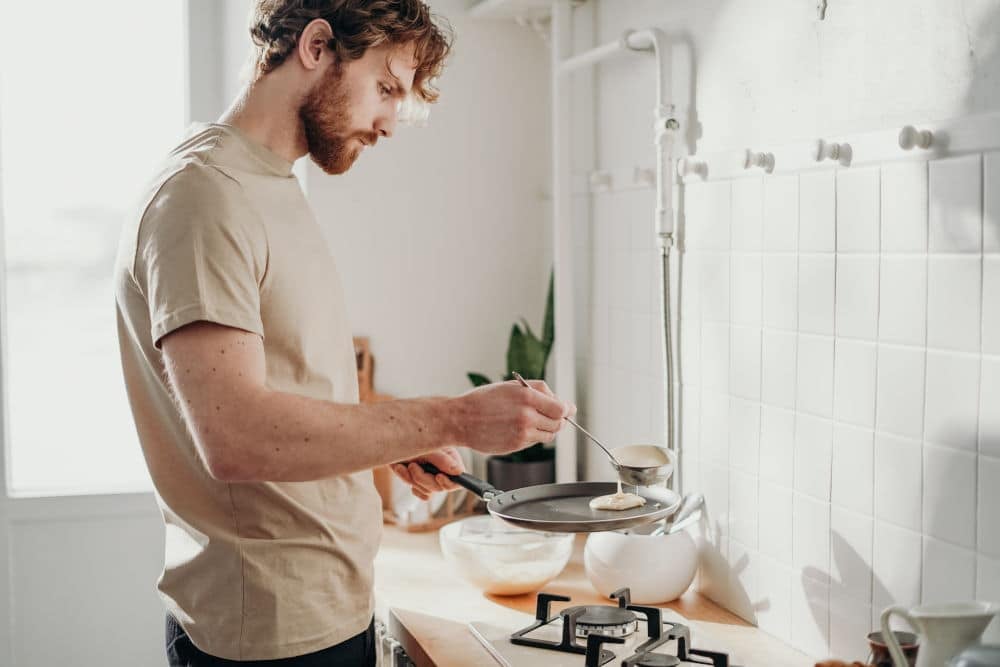
In this day and age, our society is relying more than ever on takeouts, restaurants and fast food. Unfortunately, we are losing the benefits of experiencing how cooking and serving food to others makes us feel. Over millenia, people have formed a sense of community by cooking and preparing meals together and sharing said food. In addition, when preparing food as a community, people learn the skill of cooperation and teamwork.
The so-called Food Art Therapy is a form of psychotherapy first developed in Korea (Kwisoon Choe & Lee, 2020). This particular form of therapy enables people to express their inner self through creative play and artistic activities using food ingredients, which lead to positive thinking and self-discovery.
I have had first hand experience of how cooking therapy is used in rehabilitation centres, as well as prisons. I could feel the sense of community and camaraderie being transmitted amongst those participating, through the acts of food preparation and cooking. A recent experience that I am very fond of is when I was invited, alongside my colleague Sharlet, to eat with a number of clients in a therapeutic community, while two clients of mine had the important role of kitchen crew.
Although not my cup of tea personally speaking, I am starting to introduce baking in my therapeutic sessions with children. I have had children not wanting to talk or else not wanting to engage in any music, art or other creative play, but cooking has offered another alternative in my therapeutic sessions. I have noticed that children improved their self-expression, and this approach helped them build a rapport with me as their therapist. Food art therapy may help people with mental illness, who generally have low self-esteem and difficulty adjusting to society, as well as establishing interpersonal relationships and evaluating one’s abilities and values (Kwisoon Choe & Lee, 2020). Additionally, self-esteem is related to a sense of accomplishment, psychological satisfaction, and good interpersonal relationships. When self-esteem increases, psychiatric symptoms and anxiety decrease (Kwisoon Choe & Lee, 2020).

Cooking is good for mental health because it requires concentration and can serve as a form of mindfulness. Cooking can support you to awaken your senses, as it requires you to pay attention to the present moment. It encourages you to learn new skills and expand your knowledge-base. It also may help you feel less anxious, depressed or overwhelmed, since cooking gives you a feeling of accomplishment and can also provide pleasure. Additionally, it’s a way to practice gratitude for the food made available to you, as well as boosting self-esteem when you take the time to appreciate and enjoy what you’ve created. So why don’t you try it? Both baking and cooking give you outlets to express yourself and produce something tangible. An added bonus is that you can relish the food you prepared, as well as sharing with others your culinary craftmanship!
References
Kwisoon Choe, J-H K & Lee, K. (2020). Effects of Food Art Therapy on the Self-Esteem, Self-Expression, and Social Skills of Persons with Mental Illness in Community Rehabilitation Facilities. Department of Nursing, Chung-Ang University.






